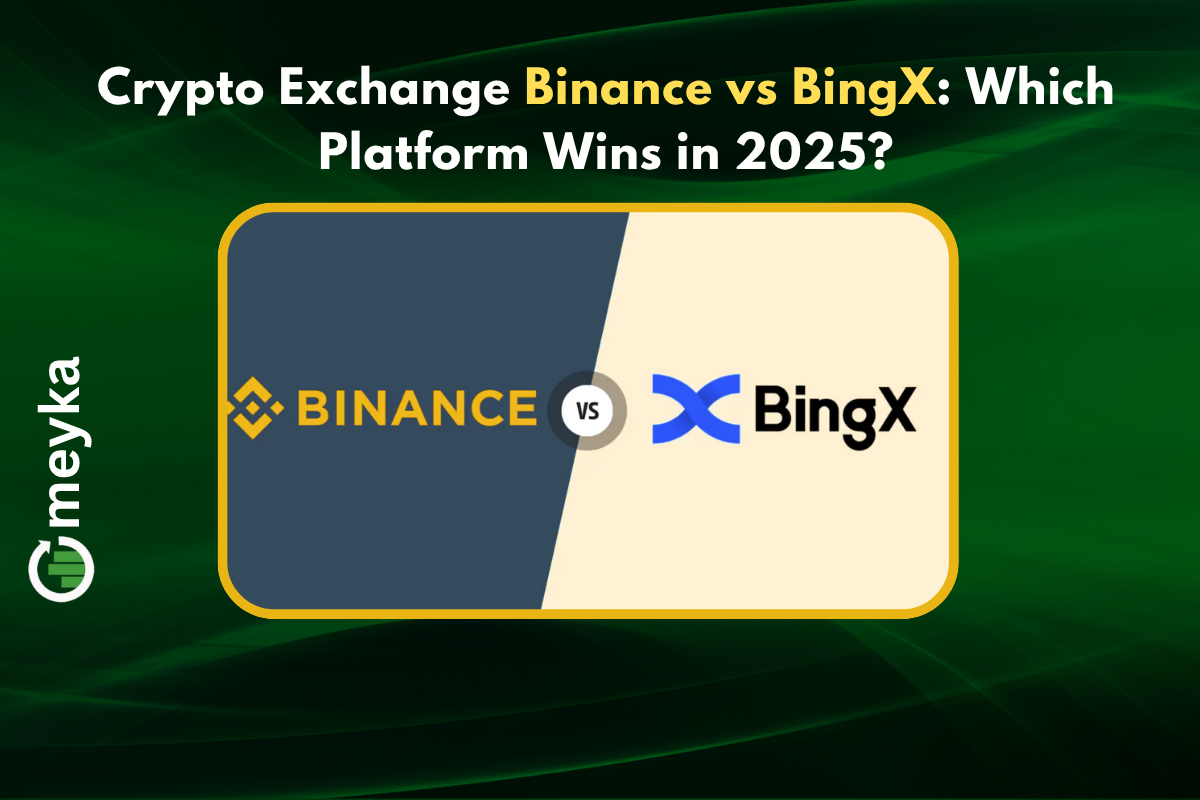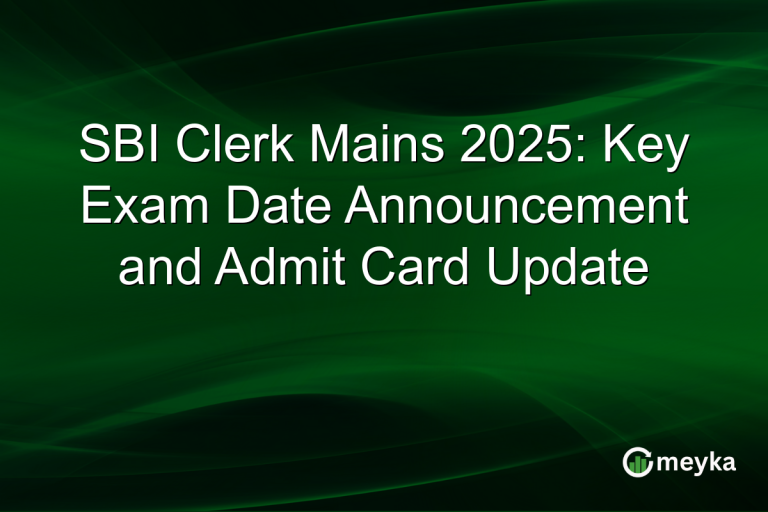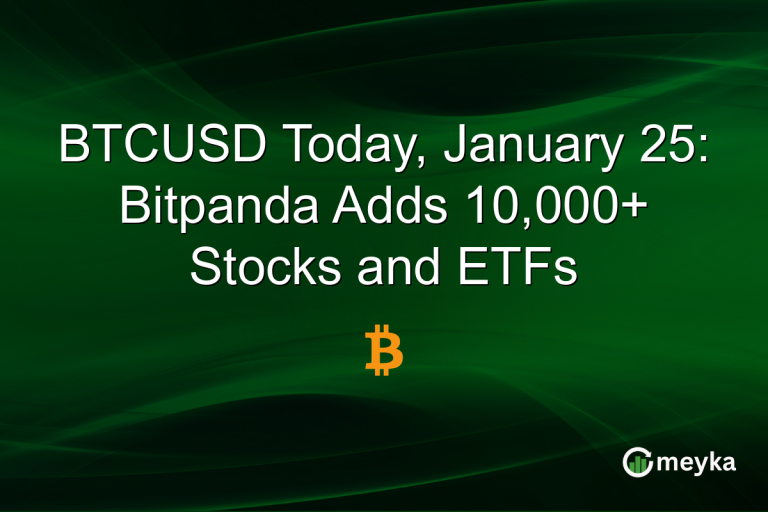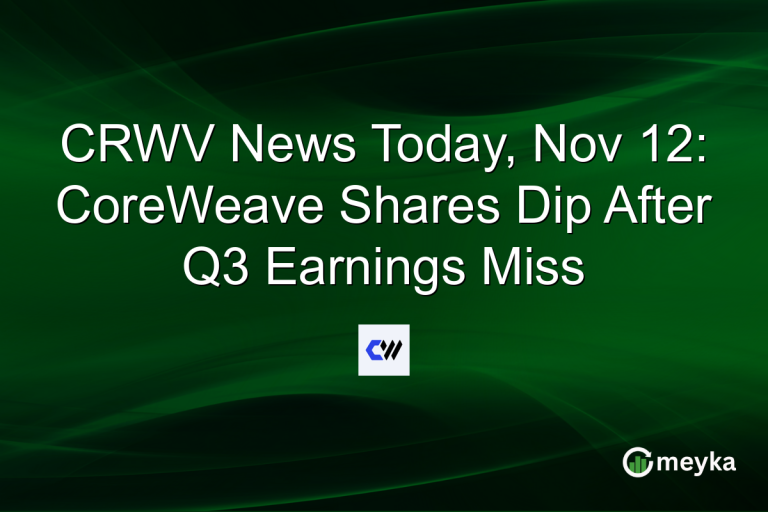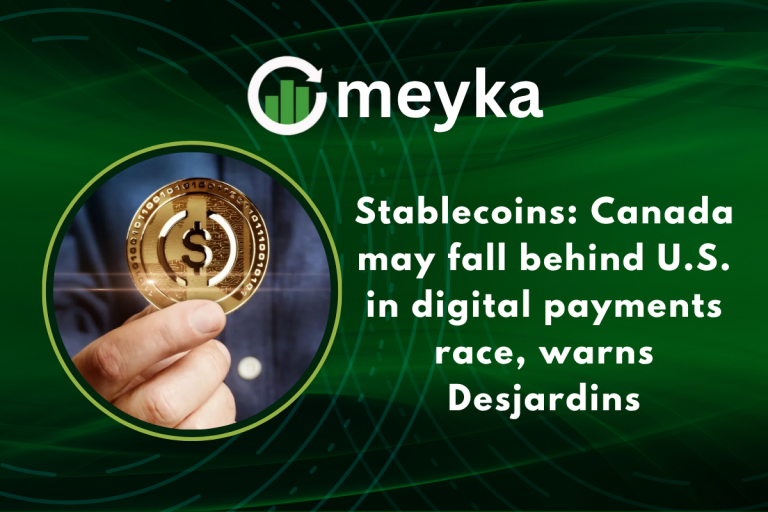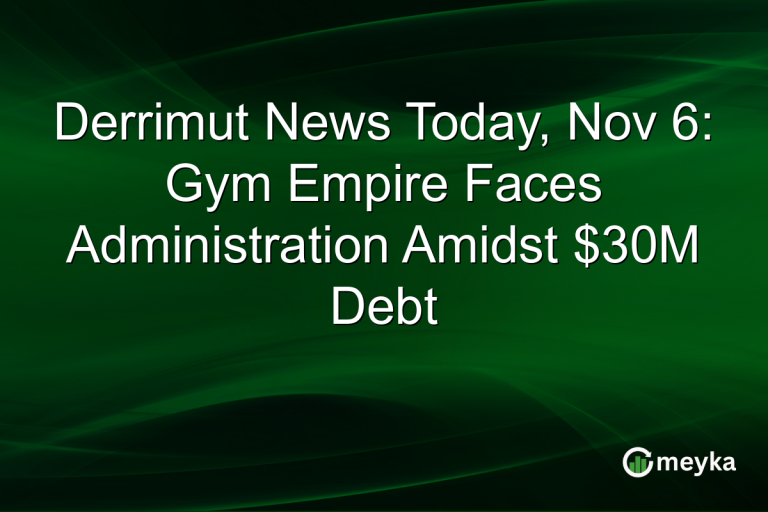Crypto Exchange Binance vs BingX: Which Platform Wins in 2025?
The crypto exchange race keeps getting tighter. In 2025, traders face two strong choices: industry giant Binance and fast-growing challenger BingX. This guide compares Binance vs BingX on security, fees, liquidity, trading tools, user experience, and who each platform suits best, so you can pick the right exchange for your goals.
Binance vs BingX: market position and overview
Binance remains the dominant global exchange by trading volume, liquidity, and breadth of products. It offers spot trading, derivatives, staking, savings, an NFT marketplace, and institutional services.
BingX is smaller but notable for social trading and copy-trading features. It targets retail traders and new entrants with a clean mobile-first app and easy social features that lower the learning curve.
Which exchange is more widely used? Binance is used by the largest number of traders globally and usually leads in daily volume and order-book depth. BingX appeals to social and copy-traders and continues to grow its user base.
Binance vs BingX: overall score and reputation
BitDegree’s exchange comparison shows Binance scoring higher on overall metrics like liquidity, product breadth, and institutional readiness. BingX scores well on usability and social features, making it attractive to beginners and social investors. The practical takeaway: Binance is the powerhouse; BingX is the streamlined challenger with a social edge.
Binance vs BingX: trading volume and liquidity
Which has better liquidity?
Binance wins easily on liquidity. Bigger order books mean tighter spreads and less slippage on large trades. For high-frequency or large-size trading, Binance’s deep markets are critical.
BingX has decent liquidity for retail trades, but order books are thinner for many smaller-cap tokens, which can mean wider spreads and potential slippage for large orders.
Who should care about liquidity? Institutional traders and users placing large orders or trading derivatives should prefer Binance. Casual traders and copy-trading users can operate comfortably on BingX.
Binance vs BingX: fees and cost structure
Who charges less?
Both platforms offer competitive fees, but their structures differ:
- Binance: tiered maker/taker fees, discounts for using the native token, and competitive rates for high-volume traders. Withdrawal fees vary by asset and network.
- BingX: typically advertises low fees and simple rate structures attractive to retail traders, with promotional fee discounts and low barriers for beginners.
Which is cheaper overall? For high-volume traders, Binance often becomes cheaper (thanks to tier discounts and token rebates). For small, occasional traders, BingX’s transparent low fees can be attractive.
Binance vs BingX: trading tools and product range
Advanced trading vs social trading
Binance offers an unmatched set of tools: advanced charting, futures, options, margin trading, OTC services, institutional APIs, staking, liquidity farming, and an NFT market. It also integrates advanced order types and robust APIs for algorithmic traders.
BingX focuses on social and copy trading, letting users mirror top traders’ positions, plus spot and derivatives. Its strength is making complex strategies accessible to non-experts.
Which platform is better for professionals? Binance. For social traders or those who want to copy successful strategies without building their own systems, BingX stands out.
Binance vs BingX: security and regulation
Who is safer?
Both exchanges publicly emphasize security controls: KYC, cold storage for assets, multi-factor authentication, and risk monitoring. Historically, Binance has invested heavily in security engineering, insurance (SAFU reserve), and global compliance programs (even as it navigates regulatory challenges in certain jurisdictions). BingX also applies standard security measures but operates at a smaller scale.
What to watch:
Regulatory compliance and local licensing are critical. Binance’s scale means more regulatory scrutiny but also more resources to address compliance. BingX may offer smoother onboarding in some regions, but with different regulatory footprints.
Binance vs BingX: user experience and customer support
Ease of use and onboarding
BingX is recognized for a friendly mobile-first UX and straightforward copy-trading flow that appeals to younger traders. The social feed and trader ranking systems help new users discover strategies.
Binance offers a comprehensive app and web UI with advanced features; the learning curve is steeper, but customization and depth are greater.
Customer support quality varies by user reports. Binance provides extensive resources, knowledge bases, and institutional support channels. BingX typically focuses on rapid app-driven responses and community-driven help.
Binance vs BingX: supported assets and global access
Range of tokens and fiat on-ramps
Binance supports a massive list of tokens, multiple fiat on-ramps, and global payment rails in many countries. It’s the go-to for traders seeking niche altcoins and large token coverage. BingX supports a broad but smaller token list and often focuses on high-demand pairs suitable for spot and leveraged trading.
If you need very specific tokens or deep liquidity across many pairs, Binance usually covers it.
Binance vs BingX: innovations and 2025 features
What’s new in 2025?
Both exchanges added next-gen features in 2025: AI-powered analytics, faster on-chain integrations, and expanded DeFi tooling.
- Binance continues to add institutional-grade AI analytics, risk management dashboards, and broader Web3 tooling.
- BingX leaned into social and copy-trading improvements, mobile-first AI signals, and simplified DeFi gateways.
Which platform innovates faster? Binance leads in scale and institutional features; BingX leads in social trading UX and simpler AI signals for retail traders.
Binance vs BingX: customer support and trust
Customer feedback often shows Binance as dependable for complex issues and institutional escalations, while BingX scores points for fast, app-based responses and community support. Trust also ties to regulatory compliance; Binance’s scale brings scrutiny but also investment in compliance teams.
Binance vs BingX: pros and cons
Binance: Pros
- Market-leading liquidity and volume.
- Wide product suite (spot, futures, options, margin, staking, DeFi, NFT).
- Advanced charting, APIs, and institutional services.
Binance: Cons
- It can be complex for beginners.
- Regulatory scrutiny in some countries.
BingX: Pros
- Excellent mobile UX and social trading features.
- Simple fee structures and attractive for copy traders.
- Lower learning curve for beginners.
BingX: Cons
- Less liquidity for some altcoins.
- Smaller range of institutional features.
Which exchange offers better security, Binance or BingX? Both use strong security basics (cold storage, MFA, KYC). Binance invests more heavily in security engineering and insurance due to its scale.
Who has lower fees in 2025? For very high-volume traders, Binance’s tiered fees often win. For casual traders, BingX’s simple low-fee model can be cheaper.
Which is better for beginners? BingX because of social trading, copy features, and a simpler mobile experience.
Final verdict: Binance vs BingX: who wins in 2025?
For professional traders, institutions, and anyone needing deep liquidity, Binance is the clear winner in 2025. Its product depth, global reach, and market liquidity are unmatched. For retail traders, social investors, and beginners who want a simple, social-first interface, BingX is a strong alternative that wins on ease of use and copy-trading features.
Bottom line: If you want raw power and breadth, choose Binance. If you want a social, beginner-friendly trading experience, pick BingX.
FAQ’S
For high-volume traders, Binance often offers lower fees thanks to tiered discounts and token rebates; for casual or beginner traders, BingX’s straightforward fee structure may be more cost-effective.
Both exchanges use standard security practices (cold storage, MFA, KYC), but Binance has stronger institutional-grade infrastructure and a larger risk-rescue fund, giving it an edge in security and trust.
BingX stands out with built-in social trading and copy-trader features, making it more accessible for users wanting to mirror other traders; Binance is better suited to advanced traders needing full toolsets.
Binance leads in global trading volume and liquidity, meaning tighter spreads and better performance for high-volume trades; BingX offers decent liquidity for everyday spot trades but may have weaker depth for large positions.
For beginners seeking simplicity and social features, BingX is a strong option; for those planning to scale up trading or use advanced tools, Binance provides more flexibility and market-leading infrastructure.
Disclaimer
The content shared by Meyka AI PTY LTD is solely for research and informational purposes. Meyka is not a financial advisory service, and the information provided should not be considered investment or trading advice.
